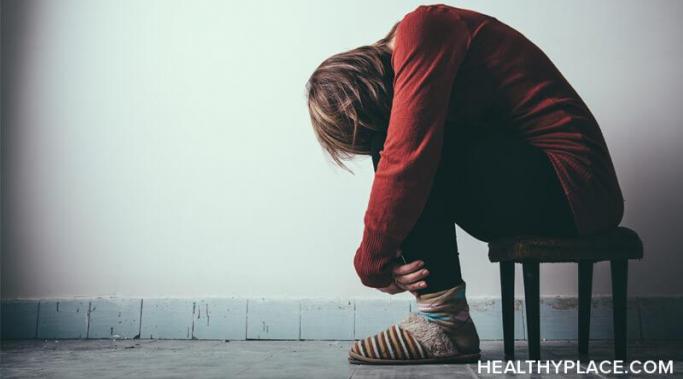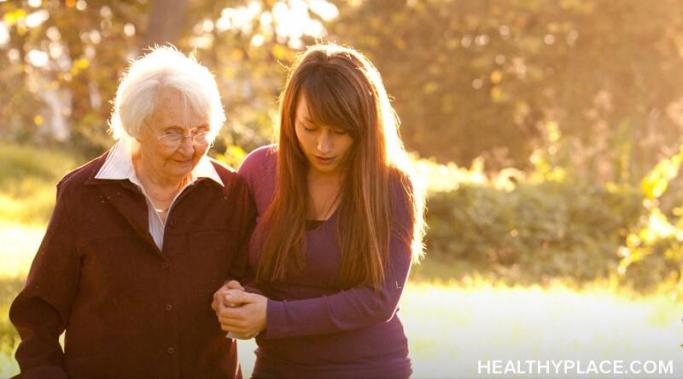I want to talk about porn addiction vs. porn consumption. In my experience, porn addiction is a highly complex and massively misunderstood behavioral addiction that can affect even the most unsuspecting individuals. Some might say that looking at pornography even one time will make you an addict, while others insinuate that watching porn is perfectly normal and socially acceptable. So which one is it? If you ask me, both of these answers contain some aspect of truth. Porn addiction can easily start after just one encounter, however, for a lot of people, porn consumption (maybe even porn addiction) is completely normal depending on your gender, social circle, religion, and more.
Addiction Recovery
Triggers and emotional cravings relating to mental difficulties are very common for those of us in recovery during the holiday season. We previously discussed three different types of cravings individuals might face in addiction recovery, one of the most complex of these being emotional cravings. This week I want to dive deeper into the concept of emotional cravings and just how prominent they can be during the notoriously stressful holiday season.
As a recovering behavioral addict, I've learned quite a bit about cravings and how to manage them. Through my experience, I've determined that cravings can typically be split into three different categories: physical, mental, and emotional. Some recovering individuals are more impacted by one of these craving categories, while others are plagued with the task of fighting all three on a regular basis. Addiction recovery, like most things, does not come in a one-size-fits-all format though. You must figure out which cravings affect you the most and learn how to manage them on your personal recovery journey.
For me, choosing to take antidepressants in addiction recovery has been a great choice. After fighting through years of active addiction and a few years of addiction recovery, I have finally decided to work on my mental health struggles with a psychiatrist. My addiction to sex and pornography started roughly ten years ago in high school, but I didn't actually pursue recovery until years later in my early twenties. Amidst the fight against this devastating addiction, I was also consumed with a number of mental health disorders ranging from generalized anxiety, posttraumatic stress disorder, and most recently, depression.
Conversations about your sex addiction are almost always a daunting task, but the conversations take on even higher stakes when you're confessing your secret sins to your family members. Some sex addicts keep their taboo desires and habits hidden from their loved ones for years or even decades; while others, like myself, choose to go all in and tell their family only a few months into the madness of active addiction. The conversations about sex addiction are never easy, but in my opinion, they can be extremely helpful in creating a healthy, transparent space with the people you love most.
Behavioral addiction and substance addiction have similarities and differences. I've learned over time that most people only associate addiction with substance abuse or chemical dependency, often leaving those suffering from behavioral addictions completely alone and underserved in their recovery process. In my recovery journey, I have had to overcome a lot on my own and even to this day, I have been told by many that my addictions either aren't real or aren't important simply because they don't involve illegal or harmful substances. Behavioral addictions are just as valid and often just as devastating as substance addictions, although sometimes the recovery process for each one can differ greatly.
As this decade is reaching its end, I am reminded of how long behavioral addictions have haunted me and exactly how far I've come. Around 2010, I first began exploring my sexuality as a teenager and I quickly learned how helpful sex could be as a coping skill for a struggling and defiant teenager like myself. Over time though, I wasn't just relying on sex to cope, my tendency to rely on certain behaviors or activities to survive slowly spread to nearly every area of my life including things like food, social media, shopping, and probably even others that I'm not fully aware of. Behavioral addictions are especially tricky to conquer because they commonly involve the most regular and routine aspects of our lives and they often go completely unnoticed.
We all cope with life differently, so how does one know when their beloved coping skill has manifested into a full-blown, unhealthy addiction? I believe most of us have our own unofficial list of coping skills that we turn to after (or during) a particularly unpleasant day. For some of us, a staple coping mechanism might be a hot bubble bath and for others, their nightly routine could include a chilled glass of wine while binge-watching their favorite sitcom. So how far is too far, and what transforms a harmless coping skill into an unhealthy life choice, or worse, an addiction?
Suicidal ideation is a concept I've grown to be incredibly close to in my addiction recovery journey. Most people sweep suicidal ideation into the same categories as suicidal thoughts or even suicidal attempts, however, it's not quite the same as either of those. Think of suicidal ideation as the "monster before the monster," it's not quite to the level of building a plan or constructing thoughts together, but it's pretty close. In my addiction recovery, suicidal ideation has been a constant battle to face, and for the longest time, I didn't even know or understand the severity of it. (Note: This post contains a trigger warning.)
In my observation, nearly every individual in addiction recovery has either heard of or experienced the 12-step groups or the 12-step curriculum. Some recovering addicts swear by 12-step practices and principles and other addicts convulse at the thought of attending a 12-step group meeting to share their feelings with a bunch of addicted strangers. I feel that I have a rather unique perspective on the 12-step model because while I don't actively participate in every principle and policy they suggest, I have developed a deep respect and admiration for the community as a whole and what they represent.









